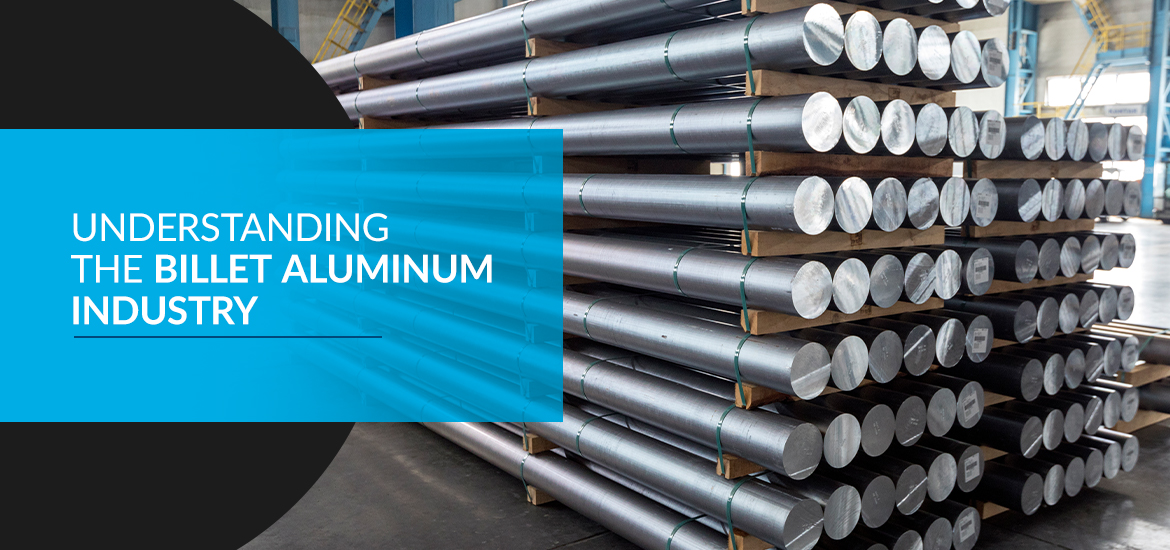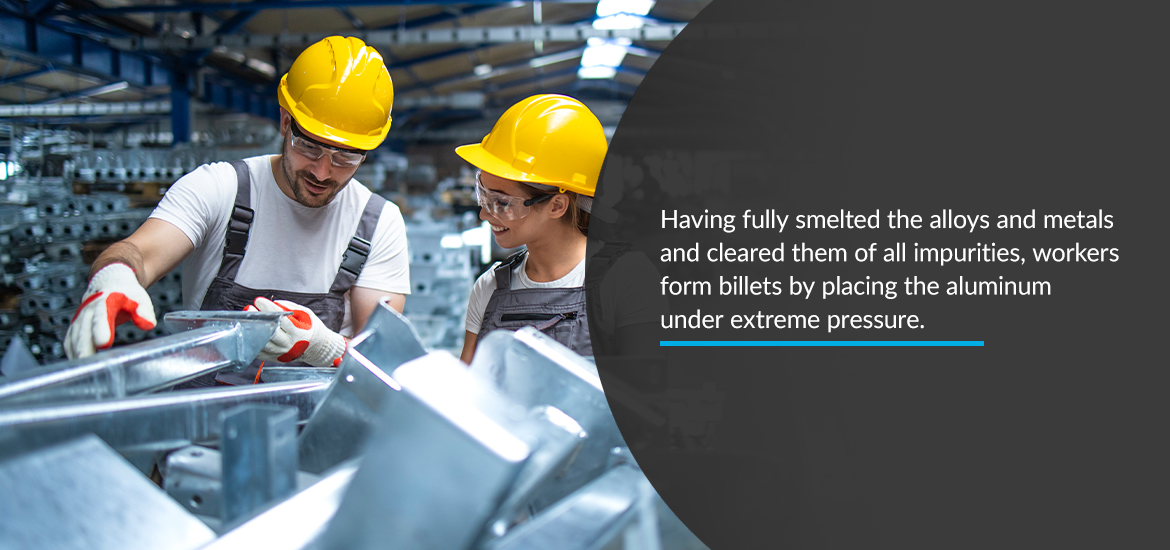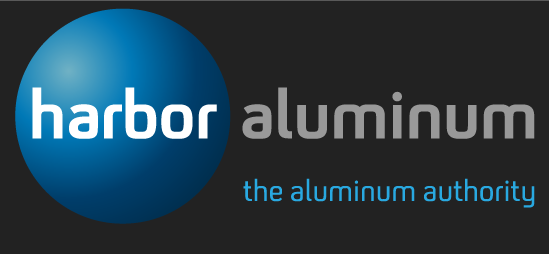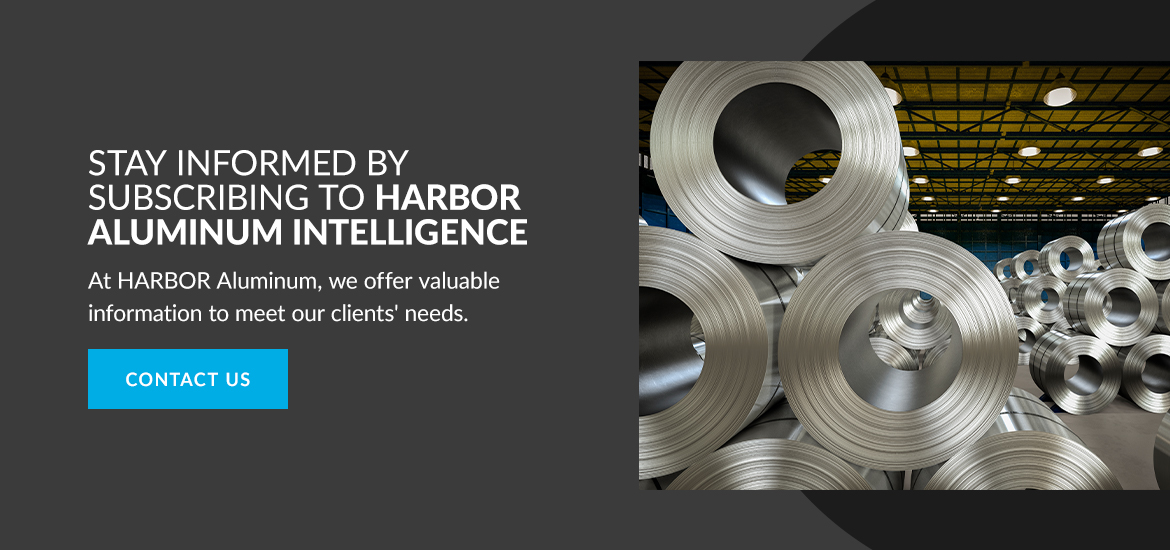Understanding the Billet Aluminum Industry

Billet aluminum is valuable in many industries thanks to its ready availability, strength, durability and relatively low cost. However, many myths about billet, billet aluminum, cast aluminum and alloy billet continue to cause confusion around these materials and their uses. Understanding billet aluminum and how it differs from other materials, including cast aluminum, can give crucial insight into billet's value and utility in numerous capacities and industries. This brief guide to billet aluminum will highlight what it is, its uses, how it compares to other materials, current price trends and other aluminum industry insights.
What Is Billet Aluminum?
Most dictionaries define billet as “a bar of metal,” which, though brief, is accurate. Some people call billet “bar stock” because it can create bars, tubes and rods, among other items. With that in mind, understand that billet itself is not a type of metal. Instead, it is a term used to define a state of metal that has undergone specific manufacturing processes. For example, there can be billet steel, billet aluminum and others.
Once a foundry successfully creates a billet aluminum block from the metal and its alloys, workers can shape products into various forms and formats, including finely wrought items, such as a wire. In particular, billet engineering can transform aluminum into automotive parts, electronics, appliances and construction materials. Thanks to their prevalence, quality and adaptability, aluminum billets are in high demand in numerous industries and manufacturing ventures throughout the global market.

What Does Billet Aluminum Manufacturing Entail?
Cast and billet are two of the most common forms of aluminum and its alloys. While similar, these two have some notable differences. Comparing and contrasting each metal type is crucial to understanding how each works and how they apply to different industries.
Cast aluminum: To create cast aluminum, heat raw aluminum or alloy past its melting point. Then, pour it into a mold — using techniques such as gravity or high-pressure die casting — to form the desired shape. Casting is highly versatile and can accommodate low quantities and high-volume needs. Cast aluminum is excellent for detailed items and applying various finishes.
Billet aluminum: Dense billet aluminum results from heating and pressurizing aluminum and its alloys to form billets, or metal blocks. Due to its strength and durability, aluminum alloy billet is prevalent in construction projects, machinery, electronics and appliances.
Billet vs. cast aluminum has been an ongoing debate for years, and deciding which is better for your company, your industry and your needs will depend on various factors — including cost, strength, availability, durability and malleability, among others.
Current Price Trends for Aluminum Billets
In October 2021, aluminum's price reached an all-time high after experiencing steady month-over-month increases throughout the year. Given aluminum prices' historical pattern of moving in long-term trends, our market experts predict this material will continue to be in high demand in 2022. With the Section 232 tariff agreement set to expire at the end of the year, new tariff-rate quotas will go into effect on Jan. 1, 2022, which will likely increase the price for American importers.
Stay Informed by Subscribing to HARBOR Aluminum Intelligence
With aluminum prices fluctuating daily, tracking this material's price and availability is crucial for anyone who works in industries that rely on it to create products. HARBOR Aluminum Intelligence is a trusted industry source for the most up-to-date, actionable aluminum billet price trends. We assess more than 150 aluminum prices and product premiums worldwide. With access to more aluminum product price information than any other consulting or journalistic group, HARBOR is the most reliable and comprehensive source.
At HARBOR Aluminum, we offer valuable information to meet our clients' needs. Some of our most frequently requested reports include P1020, which tracks aluminum pricing by country and geographic markets. The Scrap report includes pricing on scrap aluminum in several markets, while the Billet report is an excellent guide to billet aluminum pricing and availability.
Contact us today for subscription options and price information. We also offer aluminum billet consulting services and serve as expert witnesses in arbitration and legal disputes.

